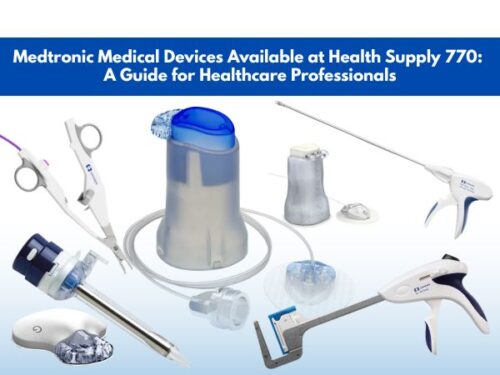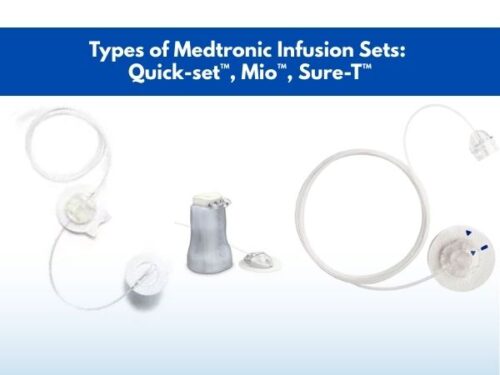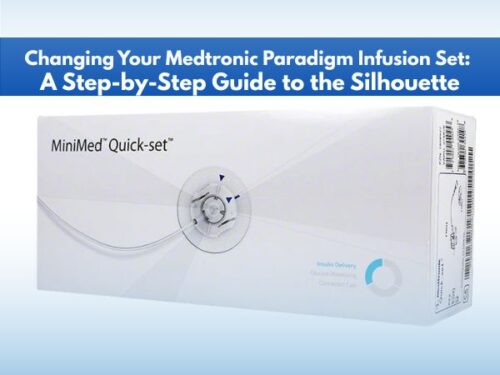How to Prevent Pancreatic Cancer: A Guide for High-Risk Individuals
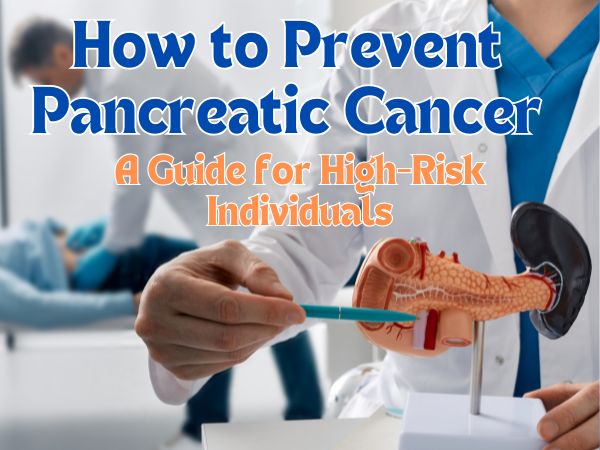
How to Prevent Pancreatic Cancer: A Guide for High-Risk Individuals
Among other rather ‘famous’ cancers like breast cancer or brain tumor etc., pancreatic cancer seems less prevalent. However, its incidence rate is high enough to cause approximately 7% of all cancer-related deaths. According to the American Cancer Society, about 66,440 Americans are diagnosed with pancreatic cancer on an annual basis among whom almost 51,000 are less likely to survive. Therefore, it is essential to learn how to prevent pancreatic cancer, especially in high-risk individuals.
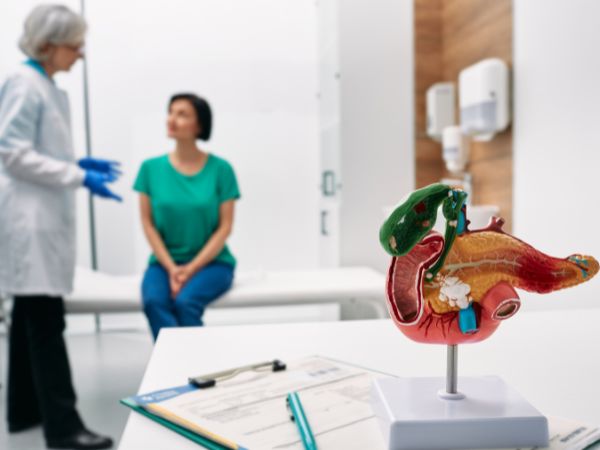
Developing pancreatic cancer causes pain in its later stages
In this article, let us look into the answers to the question of how to prevent pancreatic cancer who are the individuals who are included in the high-risk group, and why.
What is Pancreatic Cancer?
The pancreas is a structure that is responsible for making digestive enzymes. It is also known for the production of insulin and glucagon, the hormones which maintain our blood sugar level.
Pancreatic cancer, like all other cancers, is caused by the growth of abnormal or defective cells in the pancreas. Possibly the worst thing about pancreatic cancer is its late detection. This is because the disease doesn’t show any symptoms at its early stages.
While learning how to prevent pancreatic cancer, it should be kept in mind that once the cancer has spread throughout the pancreas, only then do the symptoms start to appear. This is why the mortality rate is significantly higher.
“Pancreatic cancer is the 12th most commonly occurring cancer in the world. It is the 11th most commonly occurring cancer in both men and women.”
World Cancer Research Fund
Symptoms
The patients with pancreatic cancer suffer from some of the following symptoms:
- Abdominal pain especially on the side and back
- Yellowish appearance of the skin
- Yellowish appearance of the whites of the eyes
- Extreme fatigue
- Weakness
- Frequent light-colored smelly stools
- Diarrhea
- Constipation
- Dark-colored urine
- Uncontrolled diabetes
- Itching
- Weight loss
- Loss of appetite
- Swelling and pain in the limbs possibly due to a blood clot
Strongest Risk Factors for Pancreatic Cancer
Despite the fact that pancreatic cancer can happen to anyone, there are some individuals who are at a higher risk of the disease. These people usually have the following conditions which make them more prone to pancreatic cancer. It is essential to keep this in mind while learning how to prevent pancreatic cancer:
- Smoking
- Obesity
- Old age (usually above 65 years)
- Alcoholism
- Chronic pancreatitis or inflammation of the pancreas
- Family history of pancreatic cancer
- Family history of familial atypical multiple mole melanoma syndrome (FAMMM)
- Family history of Lynch syndrome
- Family history of mutated BRCA2 gene
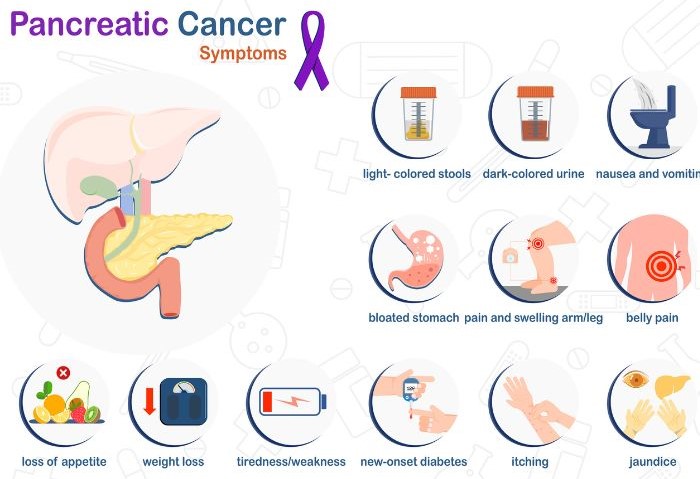
Symptoms of exocrine pancreatic cancer
How to Prevent Pancreatic Cancer?
No matter how hard the prevention of pancreatic cancer may seem, it is still possible to push yourself out of the high-risk group not fully but partially. For this purpose, you can adopt some of the following lifestyle modifications as well as some medical interventions that are essential while understanding how to prevent pancreatic cancer:
Lifestyle Prevention Strategies to Reduce Pancreatic Cancer Risk
Say No to Smoking
Smoking is often associated with many types of cancers. This is because cigarette smoke has at least 69 carcinogens, the chemical substances that have the potential to cause cancer. When a person inhales cigarette smoke through active or passive smoking, these carcinogens enter the body and start mutations.
In the pancreas, the pancreatic cells are affected by such carcinogens which start deteriorating causing the pancreas to deform. As a result, the functions it performs are also altered. In later stages, a tumorous mass is also visible in the pancreas along with inflammation and scarring of the tissue.
Quit or Limit Alcohol
While learning how to prevent pancreatic cancer, it is essential to know that drinking too much alcohol is also a known cause of pancreatic cancer. This is because alcohol causes inflammation in the pancreatic cells, a condition known as pancreatitis. This inflammation, when becomes chronic, increases the risk of pancreatic cancer. This is due to the frequent release of certain growth factors and toxins that are produced by the swollen cells.
Long-term exposure to such toxins damages the genetic material in the pancreatic cells. As a result, these cells are mutated. If these mutated cells keep on dividing, a tumorous mass is formed. By limiting or quitting alcohol, one can break the chain of these inflammatory reactions.
“Males have a higher risk of getting pancreatic cancer than women. This might be due to the fact that men smoke more than women.”
Get Good Sleep
Although sleep does not have a direct effect on the pancreas, it does change the levels of certain hormones in the body. For instance, the concentrations of melatonin and cortisol are affected by sleep duration and quality.
Cortisol has the job of regulating our sleep. However, when too much cortisol not only changes our sleep pattern but also makes our immune system weak. In addition, melatonin levels change when we have poor sleep quality.
As melatonin has antioxidant properties, it can fight cancer cells. In case of bad sleep habits, the antioxidant melatonin is in less concentration in the body along with a weakened immune system due to cortisol. So, the body’s defenses against the disease are weak. These factors are also important to take into consideration while learning how to prevent pancreatic cancer.
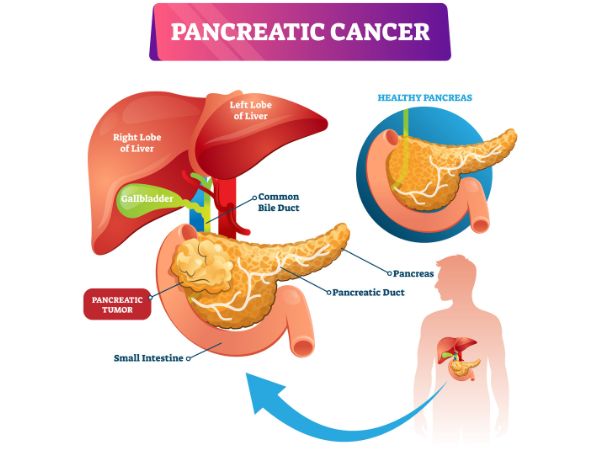
Pancreatic cancers change the structure and function of the pancreas
Exercise Regularly
We know that exercise is good for our overall health. But moving your body every day also reduces the risk of many types of cancers including pancreatic cancer. The reason behind this is that exercise reduces inflammation in the body. As chronic inflammation is one of the primary causes of pancreatic cancer, reducing it automatically prevents the person from the disease.
In addition, the damage of DNA can also be slowed down or fully prevented with regular exercise. Moreover, our immune system also gets a boost when we exercise which subsequently improves our defense against the diseases. Hence, the importance of exercise is undeniable while learning how to prevent pancreatic cancer.
Manage Obesity
Learning how to prevent pancreatic cancer goes hand in hand with learning how to manage obesity as it is another risk factor for pancreatic cancer. This is because when a cell has too much fat, there is not enough room for oxygen to enter for metabolism. As a result, the cell becomes swollen which then initiates the release of cell-damaging toxins.
In the case of obesity, the body also goes to a state of insulin resistance which forces the pancreas to release too much insulin. This excessive insulin production also puts pressure on the pancreas and can become a cause of pancreatic cancer.
Manage Diabetes
Diabetes, especially type 2 diabetes, is one of the major risk factors for pancreatic cancer. As insulin is produced by the cells called islets of Langerhans in the pancreas, its altered release indicates defects in the pancreas which can then progress to become pancreatic cancer.
It has been suggested that type 2 diabetes increases the risk of pancreatic cancer by 1.5 to 2 times. Therefore, balancing the levels of glucose in your blood is essential so that diabetes remains in control and does not damage the pancreas to cause tumors.
Focus on What you Eat
While learning how to prevent pancreatic cancer, it is essential to focus on the diet as well. If you consume fresh fruits and vegetables and limit the amount of fats and proteins, you are less likely to have pancreatic cancer.
Studies have shown that lab rats put on a high-fat and protein diet were more prone to pancreatic cancer than those who were given a low-fat and low-protein diet. This may or may not be the case for us as diet is not the only cancer-causing factor.
Avoid Too Much Stress
Stress management is also important to focus on while learning how to prevent pancreatic cancer. Although it does have a direct effect on the disease it does help improve other factors which might become the cause of pancreatic cancer.
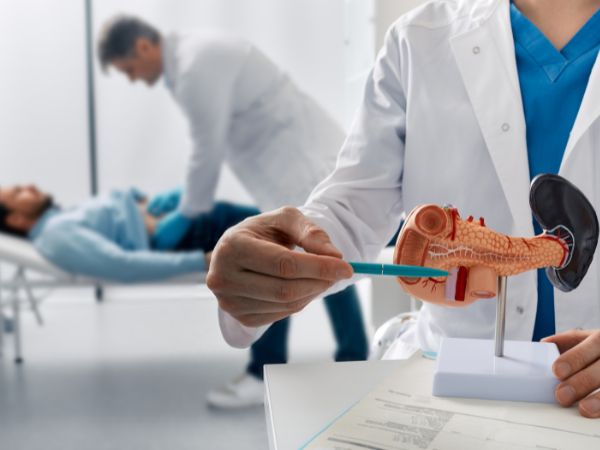
Regular screening can detect pancreatic cancers in the early stages
Medical Interventions to Reduce Pancreatic Cancer Risk in High-Risk Individuals
Apart from lifestyle modifications, it is essential to learn about medical-based preventive approaches while understanding how to prevent pancreatic cancer. These include the following:
Preventive Medications
Despite the fact that nothing can guarantee 100% prevention of pancreatic cancer, there are some medications that can be taken if you are among the high-risk individuals. Hence, these are essential to learn about while understanding how to prevent pancreatic cancer. Your healthcare professional can give you a prescription if she feels the need to do so.
In this regard, some of the pharmaceutical medications are:
- Metformin
- Statins
- Beta-blockers
In addition, some nutraceutical options include:
- Emodin
- Apigenin
- Genistein
Surgical Options for Developing Pancreatic Cancer
While focusing on how to prevent pancreatic cancer, surgical procedures are often emphasized. Surgical options cannot prevent the occurrence of pancreatic cancer. Rather, they help contain it within the pancreas before its spreading or metastasis is yet to start. The procedures involved removing the tumors in their earlier stages.

Detecting pancreatic cancer at an early stage is essential by consulting a doctor and undergoing the necessary screenings
Personalized Prevention Plans
If you fall among the high-risk group for pancreatic cancer, it is best to talk to your healthcare provider to design a personalized prevention plan. This will include all the changes you need to make in your life to prevent, or at least minimize the chances, of pancreatic cancer.
These personalized prevention plans serve as a guide on how to prevent pancreatic cancer as they include lifestyle modifications that you need to make, dietary plans according to your bodily needs, as well as medications if they are needed.
Your doctor might want to run some tests on you before discussing your personalized prevention plan with you.
Regular Health Screenings
Being at higher risk of pancreatic cancer, another important preventive strategy to learn while understanding how to prevent pancreatic cancer is regular health screening. There are no specific tests that can be done to detect pancreatic cancer. Therefore, apart from a physical examination, your doctor might ask you to take the following tests:
- Ultrasound
- Endoscopic ultrasound (EUS)
- MRI
- CT scan
- PET scan
Genetic Counseling and Testing for High-Risk Individuals
While learning how to prevent pancreatic cancer, it is also important to focus on genetic testing. Genetic testing is a technique to check your genes for a mutation which can later cause cancer. This is particularly helpful if pancreatic cancer is of a hereditary nature. Genetic counseling should be given preference if you have:
- A first-degree relative with pancreatic cancer
- Your parents, siblings, or children have pancreatic cancer
- Your family has a history of pancreatic cancer
- You have a family history of different types of cancers
- There are pancreatic cancer patients in more than one generation
- You have a history of pancreatic cancer or any other type of cancer
- Your multiple family members have cancer

Genetic counseling evaluates the genetic risk factors for different types of pancreatic cancers
Many different types of medical products, along with many other medical supplies, can be ordered from Health Supply 770, a reliable name when it comes to medical products. They have a 30-day money-back guarantee and provide your products to you in the shortest possible time. Click the link given in the article to check out the wide range of instruments and devices for the diagnosis and management of pancreatic cancer.
Bottom Line
Pancreatic cancer is one of the leading causes of cancer-related deaths in the United States. More than 50% of the individuals who are diagnosed with pancreatic cancer are at a higher risk of dying from the disease.
If you fall in the high-risk group, then it is important for you to learn how to prevent pancreatic cancer. There are certain lifestyle modifications that can be adopted. In addition, some medical and surgical interventions are also available.
However, nothing can guarantee 100% prevention from pancreatic cancer but can definitely increase your chances against the disease.
For purchasing top-quality medical products, reliable vendors like Health Supply 770 should be approached. They ensure the provision of quality products along with satisfactory services.
References
https://www.cancer.org/cancer/types/pancreatic-cancer/about/key-statistics.html
https://www.wcrf.org/preventing-cancer/cancer-statistics/pancreatic-cancer-statistics/
https://bmccancer.biomedcentral.com/articles/10.1186/s12885-023-11344-w
